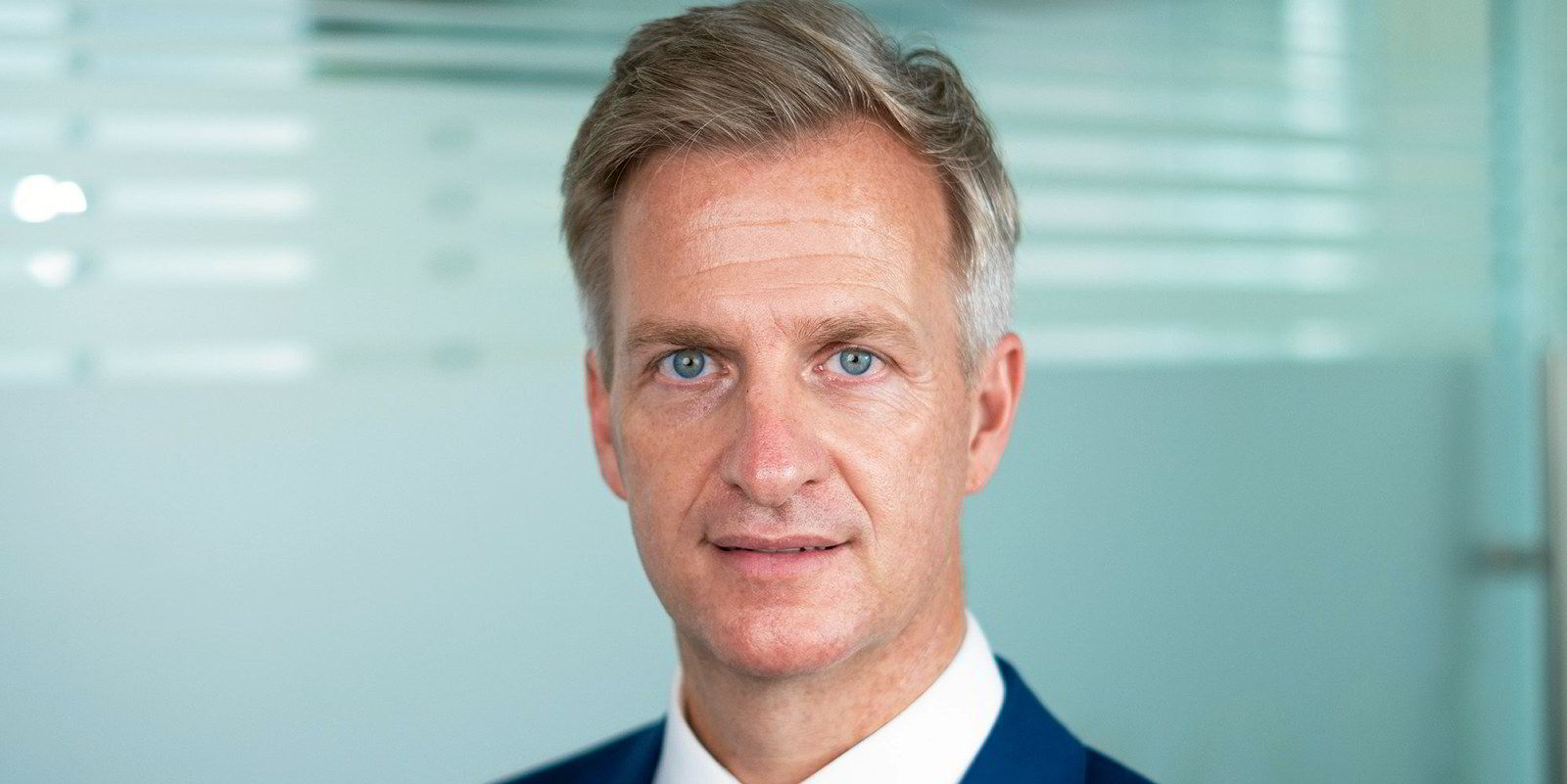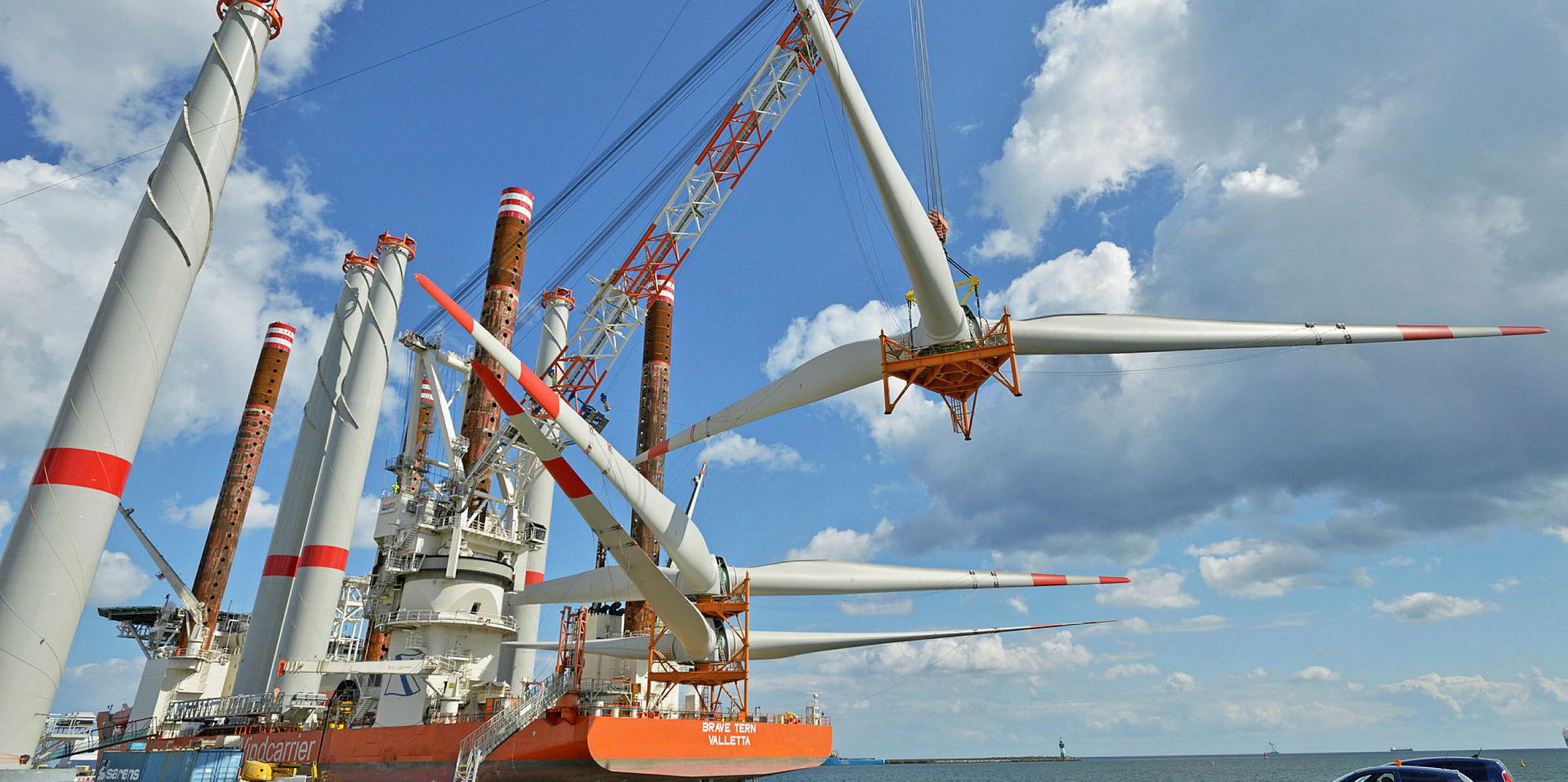Decarbonisation of our industry is an important piece of the puzzle for building a lower-carbon economy. However, decarbonisation, and the energy transition more broadly, is not only imperative for the environment; it makes business sense too.
Efficiency is also a key part of reducing carbon output. We use technology to make our processes more efficient — helping to lower our overall carbon output. Our tech-led solutions, such as ‘supply on demand’, reduce fuel burn and carbon output by up to 50%, while also offering a cheaper and better customer offering.
This article is one of more than three dozen contributions from shipping industry stakeholders about their outlook for decarbonisation efforts in the year ahead. We asked shipowners, managers, financial professionals, technology providers and more about their own efforts to address greenhouse gas emissions in 2022 and what they hope to happen in the industry this year.
As part of the broader decarbonisation imperative, we are shifting our business to support a low-carbon economy. P&O Maritime Logistics has a number of vessels worth $150m invested into renewables — for example supporting Taiwan to develop its emerging offshore wind market — demonstrating first-hand how the low-carbon economy is a driver of business growth. I expect this to continue well into 2022 and beyond, and we will be focusing on these opportunities.
Decarbonisation is a process, and it will take time. However, there are two main things we can focus on: co-creation and diversifying the energy portfolio. Our industry is largely very traditional and has seen little change over the last few years. Often offshore companies use antiquated technology and rely on inefficient processes.
We believe that strong partnerships and effective collaboration are key to seeing increased success and efficiency. But co-creation is more important to achieving efficiencies that ultimately lead to fewer carbon emissions. In our industry, this refers to the development of new and innovative concepts, products and services together with partners and/or with our customers.
This means that we start this development hand-in-hand together as experts. This not only allows industry peers to maximise efficiencies, but it also gives us an opportunity to be the testing ground for innovative ideas that can come from anywhere. Our large fleet and willingness to experiment with fuel types and different initiatives puts us in a position to be part of the change.
Additionally, we need the fuels for tomorrow. We are focusing on transitioning our ships to run on LNG, which is widely considered to be one of the least polluting marine fuels currently available. It is not only lower carbon intensity to produce, but it also produces less carbon when burned compared to fuel oil — and it significantly reduces NOx emissions as well.




